Six Essential Vitamins & Minerals for Women’s Health
0 Comments
Vitamins & Minerals are Essential to Life
Getting an adequate daily allowance can reduce your risk for serious health problems. But, at different stages in a woman’s life, her body’s needs for specific vitamins vary. Here are six vitamins and minerals that are particularly important for women’s health. Photo: Getty Images
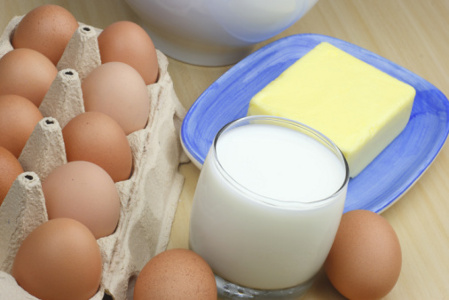
Vitamin A
Vitamin A is an antioxidant vitamin. It maintains normal vision, helps regulate the immune system and fight infections, and is essential to bone growth, reproduction, and normal functioning of every cell in your body. The antioxidant property of vitamin A can possibly protect against damage from free radicals, which leads to premature aging, heart disease, and cancer. Vitamin A from animal sources, like milk, eggs and calf’s liver, are well absorbed and used more efficiently by your body. Photo: Getty Images
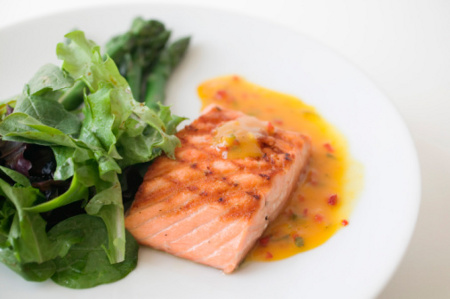
Vitamin B Complex
The B vitamins include thiamin and riboflavin, which play a role in energy production within cells, niacin, which keeps the skin, nervous system, and digestive system functioning normally, and vitamins B6 and B12, which are important for healthy red blood cells. But, for women, especially of childbearing age, folic acid is a vital B vitamin. Folic acid helps your body make healthy new cells. Ample folic acid levels before and during pregnancy can prevent major birth defects, protecting the baby’s brain and spine. Leafy green vegetables, orange juice, and fortified cereals are sources of folic acid, while vitamins B6 and B12 are found naturally in animal sources like salmon, milk and eggs. Photo: Getty Images
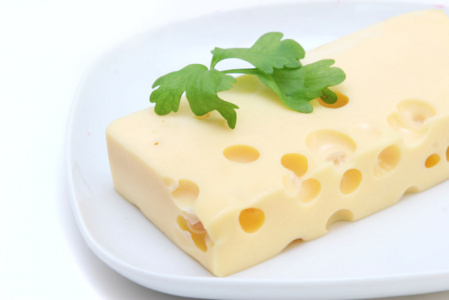
Calcium and Vitamin D
Calcium and vitamin D are a closely linked mineral and vitamin because of their united importance in optimum bone health. The average woman develops most of her skeletal bone mass by the age of 20, and experiences a marked decline by menopause. An adequate calcium intake is crucial for bone health and prevention of osteoporosis in women of all ages. Vitamin D promotes calcium absorption in your digestive tract. Green leafy vegetables, dairy products and fortified cereals, breads and orange juice are all sources of calcium. Photo: Getty Images
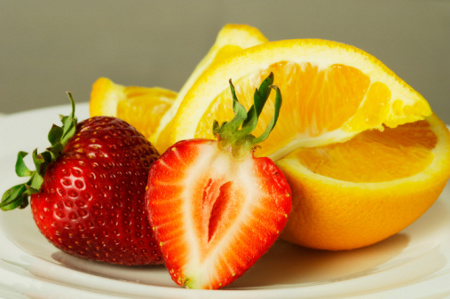
Vitamin C
Another antioxidant vitamin is vitamin C. It is required in collagen production and the synthesis of neurotransmitters, which are crucial for brain function. Adequate intake of vitamin C reduces your risk for cardiovascular disease, cataracts, and esophageal, lung and colorectal cancers. Citrus fruits and their juices, strawberries, red bell peppers, tomatoes, and broccoli are some sources of vitamin C. Photo: Getty Images
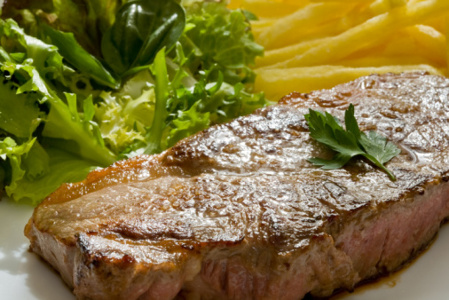
Iron
Most of the iron in your body is found in hemoglobin, the protein in your red blood cells that carries oxygen throughout your body. Teenage girls and women of childbearing age, especially women with heavy menstrual periods and pregnant women, are at greater risk of developing iron deficiency anemia because of their increased need for iron. Iron requirements in pregnant women are approximately double that of non-pregnant women. The recommended daily allowance for iron is 15 mg for young girls ages 14 to 18, and 18 mg for women ages 19 to 50. It is recommended that women over the age of 50 get 8 mg of iron daily. Red meat, poultry, seafood, beans, green leafy vegetables, molasses and whole grains are dietary sources of iron. Eating fortified cereals and enriched bread products are another way to get more iron in your diet. Photo: Getty Images
Add a CommentComments
There are no comments yet. Be the first one and get the conversation started!